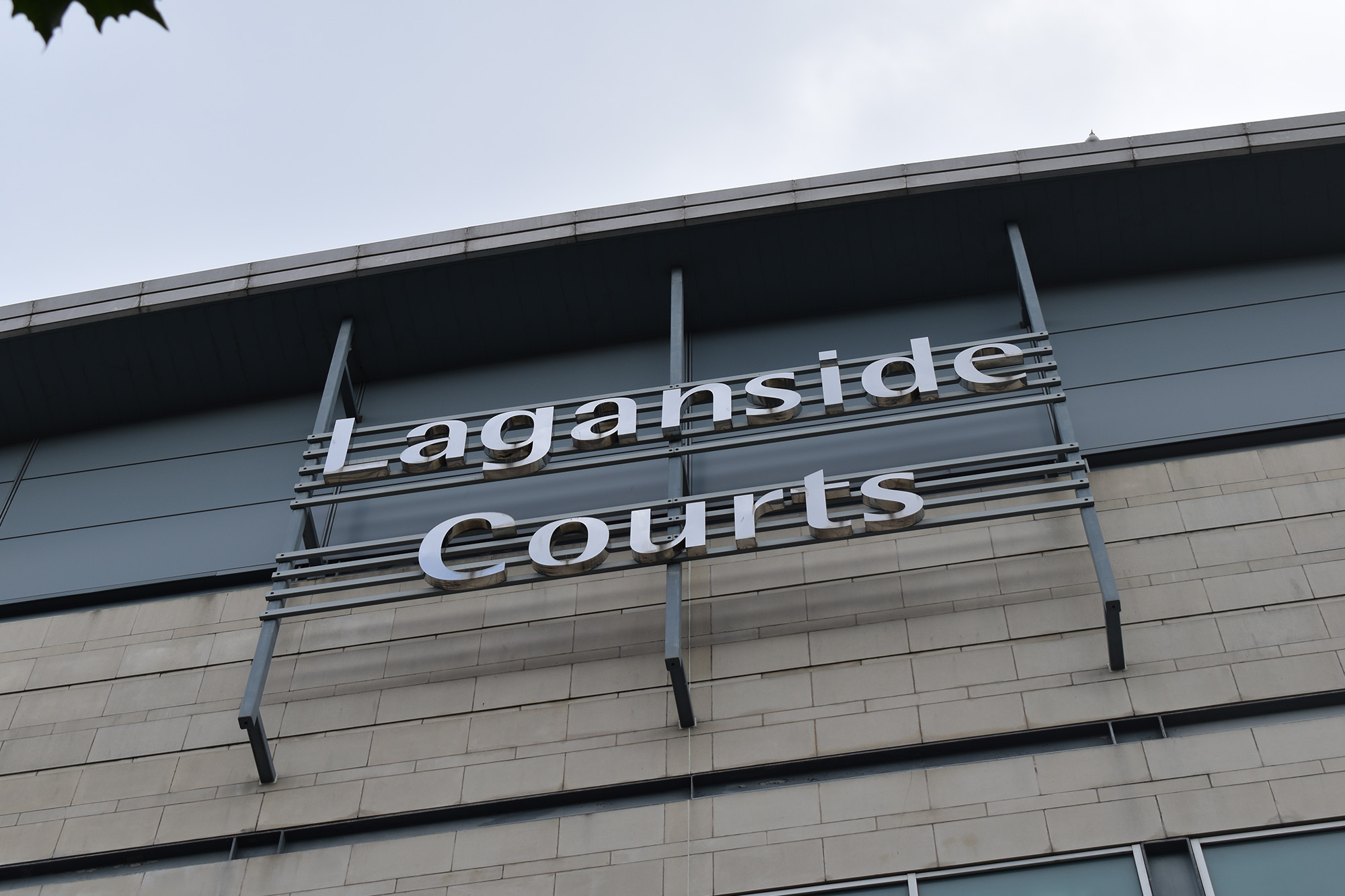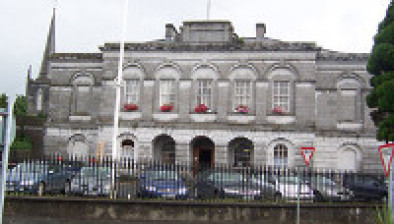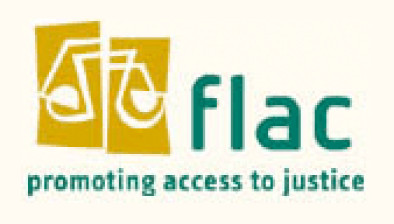Review recommends 16 per cent increase in Northern Ireland legal aid fees

A long-awaited review of Northern Ireland’s criminal legal aid system has recommended an immediate 16 per cent increase in legal aid fees.
Judge Tom Burgess was appointed last year to carry out a fundamental review of the criminal legal aid system and presented his findings to the Department of Justice in August 2024.
The Department’s long delay in publishing the report and its recommendations has come under sharp criticism from the Law Society and from the Bar, which responded last month with industrial action.
The retired judge’s 417-page report, published today, acknowledges that legal aid fees have declined from March 2005 to December 2023 in real terms by between 53 per cent and 63 per cent.
It warns of a “serious downward slide in the viability of both arms of the profession to provide the appropriate and necessary high level of service in the criminal legal system at the present levels of remuneration”.
The key recommendation of the report is an interim uplift of 16 per cent to be implemented “as soon as possible”, which it suggests could rise further if the increase is not made promptly.
In the longer term, it calls for the establishment of a working party with an independent chair to take responsibility for data gathering and fee-setting in the future.
Justice minister Naomi Long today told MLAs that she is “persuaded there is a case for a more immediate increase to fees and will be taking the necessary steps to introduce an uplift at pace”.
However, she warned that “public funds are not unlimited” and that any uplift “will of course be subject to affordability”.
The minister said this uplift will form part of a major programme of reform which she is launching under the name “Enabling Access to Justice”.
A programme delivery plan is to be published for consultation next week.
Mrs Long said: “People often encounter the justice system at times of crisis, when they are victims of crime and when they are experiencing trauma.
“How we support them can impact on how they manage those challenges, and this can determine their life outcomes. It is critical their voices are heard, and they have appropriate advice and representation to exercise their rights.
“All too often justice is reduced to bureaucracy and the cost of legal advice and representation. Justice is so much more than that. That is why reform is needed.
“I want to increase eligibility for legal aid, opening up the service to a wider proportion of society; I want to trial alternative dispute resolution models to take some cases away from the courts and enhance front line service provision; and I want a root and branch review of fee structure for public legal services to ensure the system is operating as efficiently and cost effectively as possible.
“I also want to uplift fees for publicly funded work to ensure fair remuneration and the continued availability of high-quality legal advice and representation.
“It is with all this in mind that I commissioned the enabling access to justice programme.”









